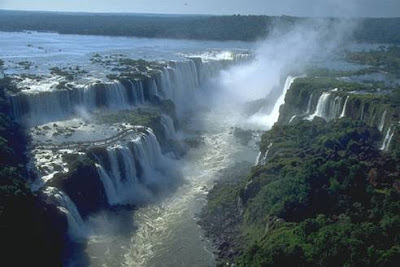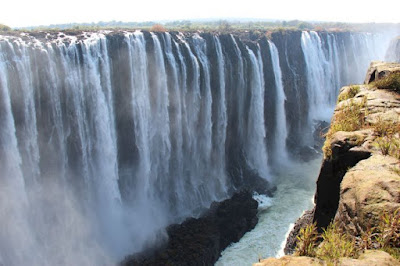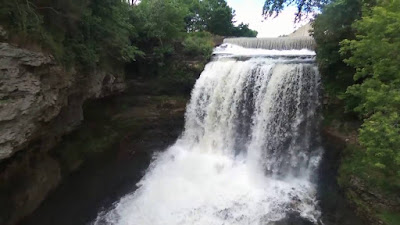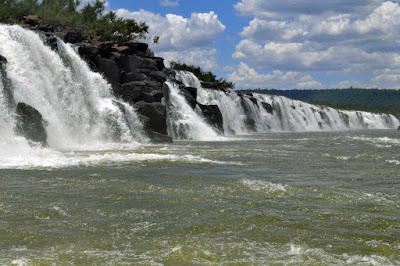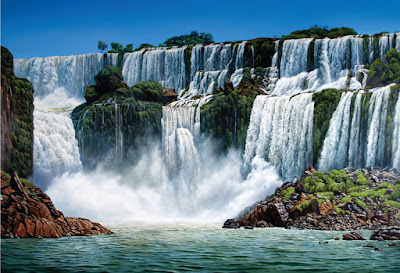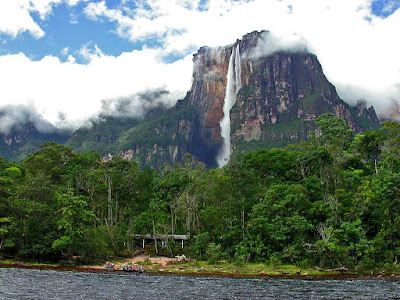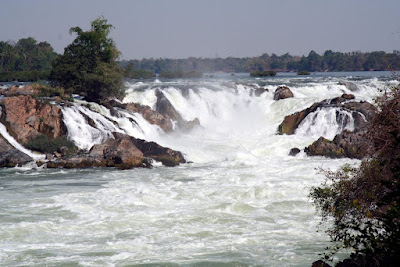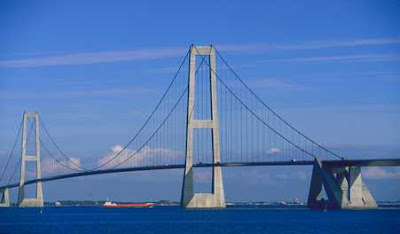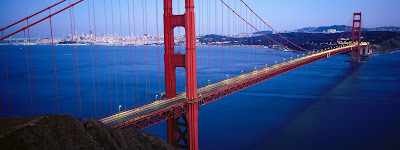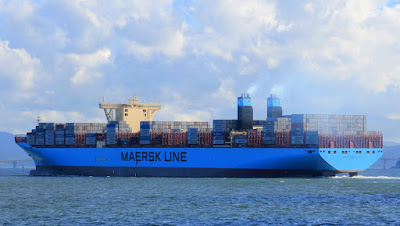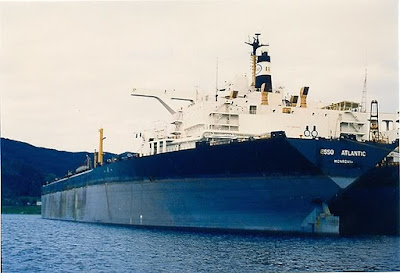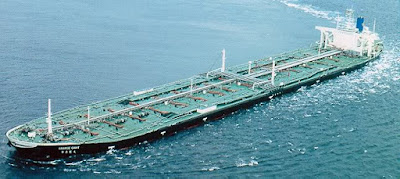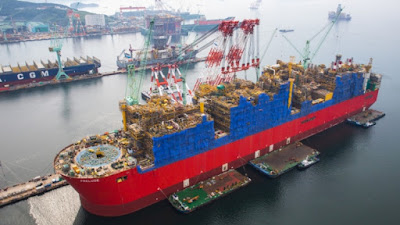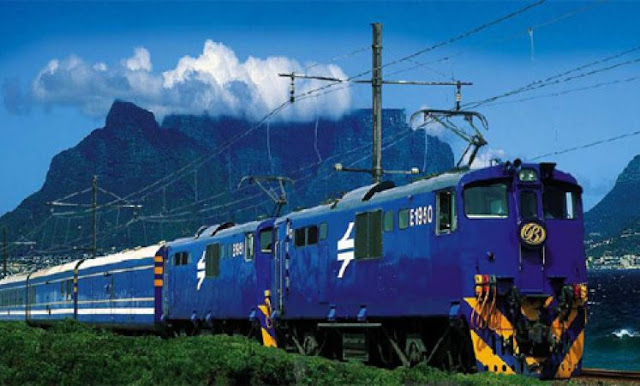Top 10 richest people in the world.
Share on FacebookShare on Twitter
Share on Google+
10. Ingvar Kamprad.
 Ingvar Feodor Kamprad(born 30 March 1926) is a Swedish business magnate.He is the founder of IKEA, a Swedish retail company specialising in furniture.He is ranked the tenth richest person in the world at $42.5 billion. The Swedish retail company is the largest furniture selling company (as of 2008). Kamprad currently lives in Sweden.
Ingvar Feodor Kamprad(born 30 March 1926) is a Swedish business magnate.He is the founder of IKEA, a Swedish retail company specialising in furniture.He is ranked the tenth richest person in the world at $42.5 billion. The Swedish retail company is the largest furniture selling company (as of 2008). Kamprad currently lives in Sweden.
9. Larry Ellison.
 Lawrence Joseph "Larry" Ellison (born August 17, 1944) is an American businessman, entrepreneur, and philanthropist who is co-founder of Oracle Corporation and was CEO from its founding until September 2014. Valued at $43.4 billion, he is currently the ninth richest person in the world. Currently, he is the executive chairman and chief technology officer of Oracle. Ellison has donated up to 1% of his wealth to charity and has signed The Giving Pledge.
Lawrence Joseph "Larry" Ellison (born August 17, 1944) is an American businessman, entrepreneur, and philanthropist who is co-founder of Oracle Corporation and was CEO from its founding until September 2014. Valued at $43.4 billion, he is currently the ninth richest person in the world. Currently, he is the executive chairman and chief technology officer of Oracle. Ellison has donated up to 1% of his wealth to charity and has signed The Giving Pledge.
8. Mark Zuckerberg.
 Mark Elliot Zuckerberg (born May 14, 1984) is the co-founder and CEO of Facebook, is the eight richest person in the world valued at $49.7 billion. American programmer, Internet entrepreneur, and philanthropist, he founded Facebook from his college dorm room in Harvard. The website later expanded rapidly with one billion users signing up by 2012.
Mark Elliot Zuckerberg (born May 14, 1984) is the co-founder and CEO of Facebook, is the eight richest person in the world valued at $49.7 billion. American programmer, Internet entrepreneur, and philanthropist, he founded Facebook from his college dorm room in Harvard. The website later expanded rapidly with one billion users signing up by 2012.
7. Carlos Slim.
 Carlos Slim Helú is a Mexican business magnate, investor, and philanthropist who is the seventh richest person in the world, valued at $51.4 billion. Slim is known as the “Warren Buffett of Mexico”, deriving his fortune from his extensive holdings in a considerable number of Mexican companies through his conglomerate, Grupo Carso.
Carlos Slim Helú is a Mexican business magnate, investor, and philanthropist who is the seventh richest person in the world, valued at $51.4 billion. Slim is known as the “Warren Buffett of Mexico”, deriving his fortune from his extensive holdings in a considerable number of Mexican companies through his conglomerate, Grupo Carso.
6. David Koch.
 David Hamilton Koch (born May 3, 1940) is an American businessman, philanthropist, political activist, and chemical engineer.
Brother of Charles Koch, David Koch is the Executive Vice President of Koch Industries. Valued the same as his brother at $55.2 billion, David is the sixth richest person in the world. David also owns 42% of the conglomerate that the brother inherited from their father and then expanded.
David Hamilton Koch (born May 3, 1940) is an American businessman, philanthropist, political activist, and chemical engineer.
Brother of Charles Koch, David Koch is the Executive Vice President of Koch Industries. Valued the same as his brother at $55.2 billion, David is the sixth richest person in the world. David also owns 42% of the conglomerate that the brother inherited from their father and then expanded.
5. Charles Koch.
 brother of David Koch.Charles de Ganahl Koch (born November 1, 1935) is an American businessman, political donor and philanthropist.
Valued at $55.2 billion,the fifth richest person in the world. He is co-owner, chairman of the board, and chief executive officer of Koch Industries, famous also for its mention in an popular American TV show The Newsroom. He owns 42% of the shares of the conglomerate.
brother of David Koch.Charles de Ganahl Koch (born November 1, 1935) is an American businessman, political donor and philanthropist.
Valued at $55.2 billion,the fifth richest person in the world. He is co-owner, chairman of the board, and chief executive officer of Koch Industries, famous also for its mention in an popular American TV show The Newsroom. He owns 42% of the shares of the conglomerate.
4. Jeff Bezos.
 Jeff Bezos (born January 12, 1964) is an American technology entrepreneur, investor, and philanthropist.The largest shareholder of the online shopping giant Amazon, Bezos is an American technology entrepreneur and investor, valued at $63.1 billion, the fourth richest person in the world. Bezos’ other business interests include aerospace and newspapers. He is the founder and owner of the privately-funded aerospace developer and manufacturer Blue Origin. Founded in 2000, the company has conducted test flights to space beginning in 2015, and plans for commercial suborbital human spaceflight beginning in 2018. He also purchased The Washington Post newspaper in 2013.
Jeff Bezos (born January 12, 1964) is an American technology entrepreneur, investor, and philanthropist.The largest shareholder of the online shopping giant Amazon, Bezos is an American technology entrepreneur and investor, valued at $63.1 billion, the fourth richest person in the world. Bezos’ other business interests include aerospace and newspapers. He is the founder and owner of the privately-funded aerospace developer and manufacturer Blue Origin. Founded in 2000, the company has conducted test flights to space beginning in 2015, and plans for commercial suborbital human spaceflight beginning in 2018. He also purchased The Washington Post newspaper in 2013.
3. Warren Buffett.
 Warren Edward Buffett (born August 30, 1930)[3] is an American business magnate, investor and philanthropist.
The most successful investor in the world, Buffett is also a business magnate and a philanthropist, valued at $68.2 billion. He is the CEO and the largest shareholder of Berkshire Hathway, the American multinational conglomerate holding company. Buffett, the third richest person in the world, is often referred to as the “Wizard of Omaha” or “Oracle of Omaha,” or the “Sage of Omaha,”and is noted for his adherence to value investing and for his personal frugality despite his immense wealth.
Warren Edward Buffett (born August 30, 1930)[3] is an American business magnate, investor and philanthropist.
The most successful investor in the world, Buffett is also a business magnate and a philanthropist, valued at $68.2 billion. He is the CEO and the largest shareholder of Berkshire Hathway, the American multinational conglomerate holding company. Buffett, the third richest person in the world, is often referred to as the “Wizard of Omaha” or “Oracle of Omaha,” or the “Sage of Omaha,”and is noted for his adherence to value investing and for his personal frugality despite his immense wealth.
2. Amancio Ortega.
 Amancio Ortega Gaona (born 12 March 1936) is a Spanish business magnate.
Founder and chairman of the Inditex fashion group, which is best known for its global brand Zara, the Spanish business magnate is valued at $75.8 billion and is the second richest person in the world.
Amancio Ortega Gaona (born 12 March 1936) is a Spanish business magnate.
Founder and chairman of the Inditex fashion group, which is best known for its global brand Zara, the Spanish business magnate is valued at $75.8 billion and is the second richest person in the world.
1. Bill Gates.
 The co-founder of Microsoft, tech magnate, entrepreneur, philanthropist, programmer, Bill Gates has a solid profile that makes him the richest individual, his worth marked $85.9 billion. Also the founder of Bill & Melinda Gates Foundation, Gates has made strides in every sphere he has touched. He stepped down as CEO of Microsoft in 2000 and as Chairman in 2008. Currently, he works full-time at the Bill & Melinda Gates Foundation and is the technology adviser to the current CEO Satya Nadella.
The co-founder of Microsoft, tech magnate, entrepreneur, philanthropist, programmer, Bill Gates has a solid profile that makes him the richest individual, his worth marked $85.9 billion. Also the founder of Bill & Melinda Gates Foundation, Gates has made strides in every sphere he has touched. He stepped down as CEO of Microsoft in 2000 and as Chairman in 2008. Currently, he works full-time at the Bill & Melinda Gates Foundation and is the technology adviser to the current CEO Satya Nadella.






